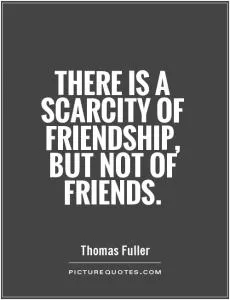Charity begins at home, but should not end there

Charity begins at home, but should not end there
Thomas Fuller, a 17th-century English churchman and historian, is often credited with the famous saying, "Charity begins at home, but should not end there." This quote emphasizes the importance of taking care of one's own family and community first, but also highlights the need to extend acts of kindness and generosity beyond one's immediate circle.In the context of Thomas Fuller's time, charity was often seen as a moral duty and a way to demonstrate one's faith and compassion towards others. Fuller believed that charity should start at home, meaning that individuals should prioritize helping their own family members and neighbors who are in need before reaching out to others. This idea is rooted in the belief that charity begins with those closest to us, as they are the ones who rely on us for support and care.
However, Fuller also recognized the importance of not limiting acts of charity to just those within our own circles. He believed that true charity should extend beyond the boundaries of our immediate community and reach out to those who are less fortunate or in need of assistance. By helping others outside of our own families and communities, we can make a greater impact and contribute to the well-being of society as a whole.
Fuller's quote serves as a reminder that while it is important to take care of our own, we should not neglect the needs of others who may be suffering or struggling. By extending acts of kindness and generosity to those beyond our immediate circles, we can create a more compassionate and caring society where everyone has the opportunity to thrive.












 Friendship Quotes
Friendship Quotes Love Quotes
Love Quotes Life Quotes
Life Quotes Funny Quotes
Funny Quotes Motivational Quotes
Motivational Quotes Inspirational Quotes
Inspirational Quotes